Alloy 316/316L is molybdenum-bearing austenitic stainless steel. The higher nickel and molybdenum content in this grade allows it to demonstrate better overall corrosion resistant properties than 304,Alloy 316/316L stainless steel is widely used in commercial and industrial applications. It is an austenitic alloy with good weldability and excellent malleability.
Differences Between 316 and 316L
316 stainless steel has more carbon in it than 316L. This is easy to remember, as the L stands for "low." But even though it has less carbon, 316L is very similar to 316 in almost every way. Cost is very similar, and both are durable, corrosion-resistant, and a good choice for high-stress situations.
316L, however, is a better choice for a project that requires a lot of welding because 316 is more susceptible to weld decay than 316L (corrosion within the weld). However, 316 can be annealed to resist weld decay. 316L also is a great stainless steel for high-temperature, high-corrosion uses, which is why it's so popular for use in construction and marine projects.
Neither 316 nor 316L is the cheapest option. 304 and 304L are similar but lower-priced. And neither are as durable as 317 and 317L, which have higher molybdenum content and are better for overall corrosion resistance.
Product Details
| Name |
cold rolled 304 316 stainless steel sheets plate/circle |
| Thickness |
0.3-3mm |
| Standard Size |
1000*2000mm, 1219*2438mm, 1250*2500mm or as customer's requirement |
| Surface |
2B,BA,NO.4,8K,hairline,etched,pvd color coated,anti-fingerprint |
| Techquine |
cold rolled |
| Mill test certificate |
can be offered |
| Stock or not |
enough stocks |
| Sample |
available |
| Payment terms |
30% TT as deposit, balance before shipment |
| Packing |
stanfard export package |
| Delivery time |
within 7-10 days |
Chemical composition
| Type |
%C |
%Si |
%Mn |
%P |
%S |
%Cr |
%Ni |
%Mo |
| 316 |
0.080 max |
1.00 max |
2.00 max |
0.045 max |
0.030 max |
16.00-18.00 |
10.00-14.00 |
2.00-3.00 |
| 316L |
0.030 max |
1.00 max |
2.00 max |
0.045 max |
0.030 max |
16.00-18.00 |
10.10-14.00 |
2.00-3.00 |
International standards
| ITA |
USA |
GER |
FRA |
UK |
RUS |
CHN |
JAP |
| X5CrNiMo1712-2 |
316 |
1.4401 |
Z6CND17.11 |
316S16 |
08KH16N11M3 |
0Cr17Ni12Mo2 |
SUS316 |
| X2CrNiMo1712-2 |
316L |
1.4404 |
Z3CND17-11-02 |
316S11 |
03KH17N14M2 |
0Cr19Ni12Mo2 |
SUS316L |



.jpg)
.jpg)

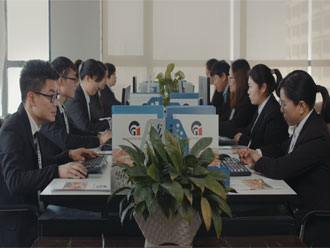

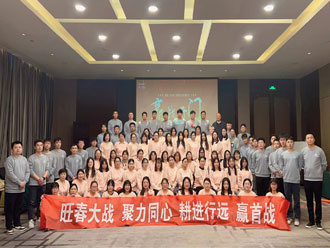
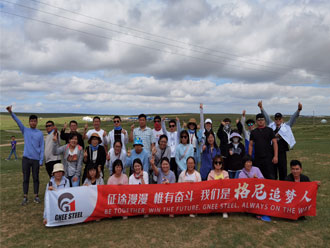
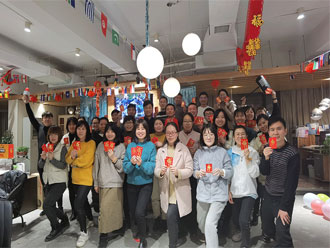
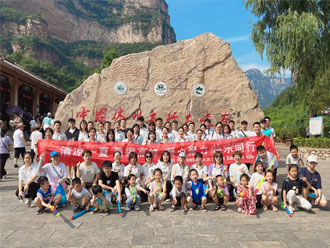

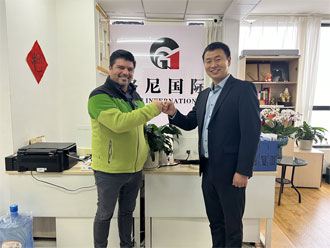
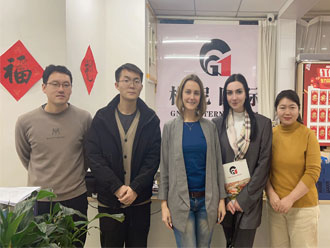

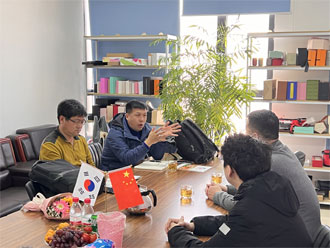
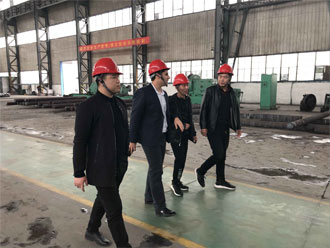
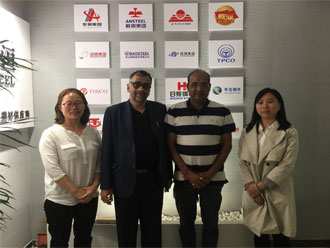

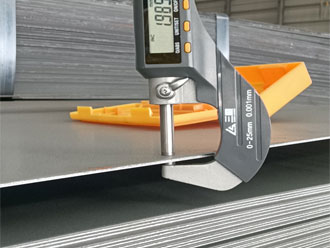
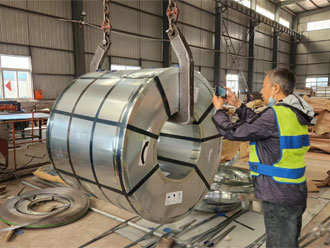
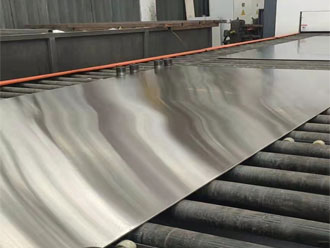

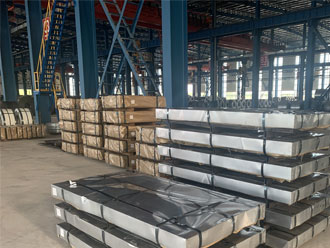
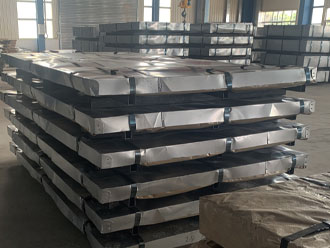
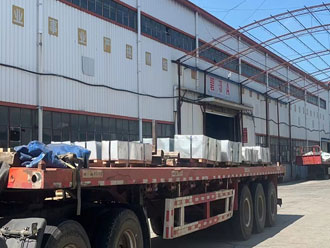
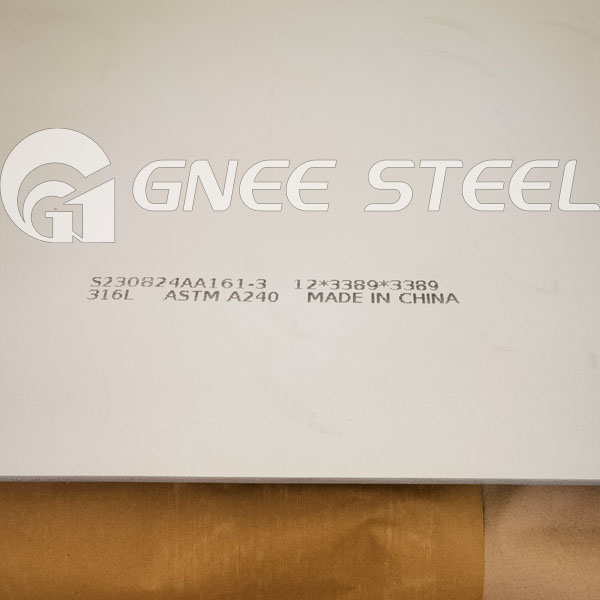
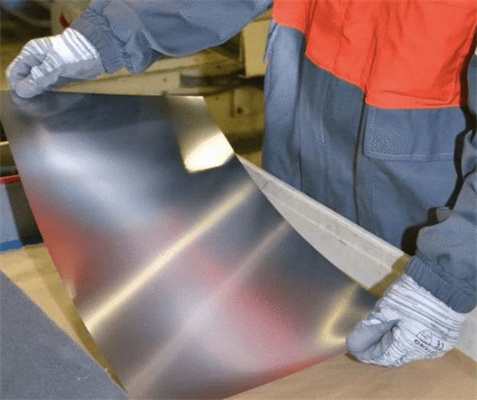

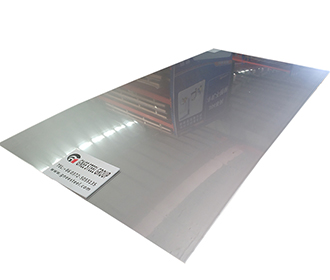
.jpg)
.jpg)
.jpg)
.jpg)
.jpg)


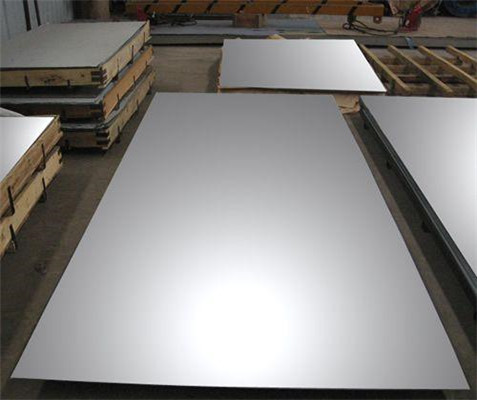
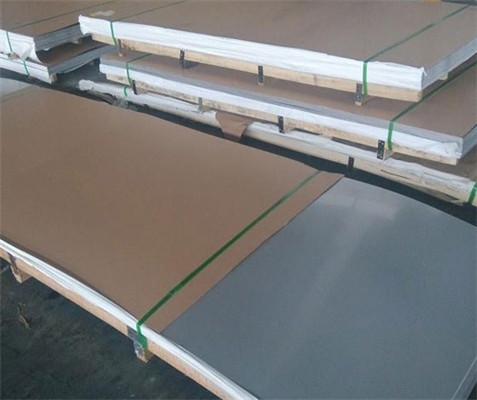
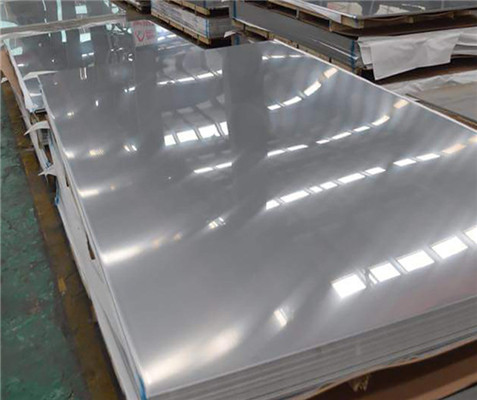

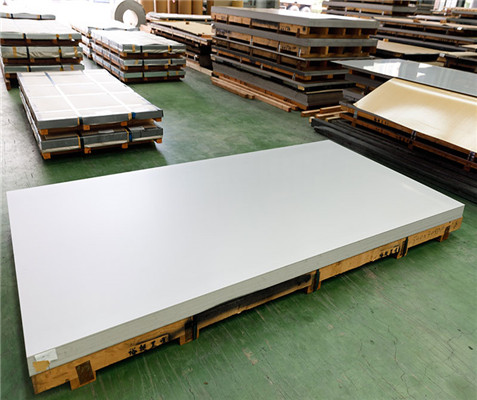
.jpg)
.jpg)
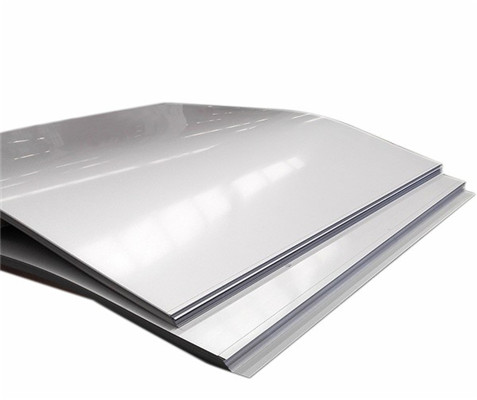

.jpg)
.jpg)
.jpg)

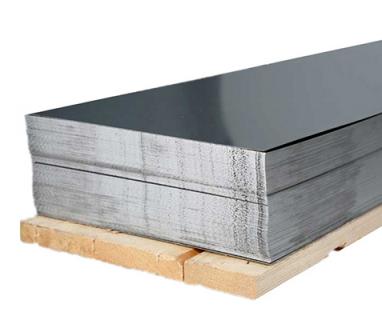
.jpg)

